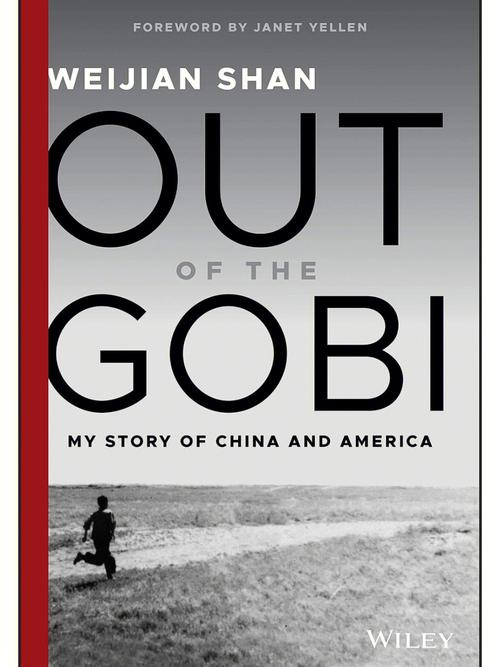
Understanding the Concept of Money Games
Have you ever wondered what “Money Games” truly mean? It’s a term that often pops up in financial discussions, but what does it encompass? Let’s delve into the intricacies of Money Games, exploring its various dimensions and understanding its significance in the financial world.
What is Money Games?
Money Games, at its core, refers to a series of financial strategies and maneuvers employed by individuals, organizations, or even governments to maximize their wealth and financial gains. These games can range from simple investment decisions to complex financial transactions, all aimed at generating profits or minimizing losses.

Investment Strategies
One of the primary aspects of Money Games is investment strategies. Whether you’re an individual investor or a corporate entity, understanding different investment options is crucial. Here’s a brief overview of some common investment strategies:
| Investment Type | Description |
|---|---|
| Stock Market | Investing in shares of publicly-traded companies, aiming for capital gains or dividends. |
| Bonds | Buying debt securities issued by governments or corporations, providing fixed interest payments. |
| Real Estate | Investing in property for rental income or resale value. |
| Commodities | Investing in physical goods like gold, oil, or agricultural products. |
Financial Manipulations
Money Games also involve financial manipulations, where individuals or organizations exploit market inefficiencies or regulatory gaps to gain an advantage. This can include practices like insider trading, market manipulation, or tax avoidance. While some may argue that these practices are legal, they often raise ethical concerns.
Market Dynamics
Understanding market dynamics is crucial in Money Games. Factors like economic indicators, political events, and technological advancements can significantly impact financial markets. Staying informed and adapting to these changes is essential for success in the game of money.
Case Study: Private Equity Investment
Let’s take a closer look at a real-life example of Money Games. Consider the case of Newbridge Capital’s investment in Korea First Bank (KFB). In his book “Money Games,” Newbridge Capital’s co-managing partner, Dr. Dan Weijian, provides a detailed account of the negotiation process with the Financial Service Commission (FSC) of South Korea.

Dr. Dan Weijian discusses the key terms of the investment agreement, including the drag-along right, which allowed Newbridge Capital to force the minority shareholders to sell their shares if Newbridge decided to sell its majority stake. This negotiation process highlights the complexities and strategies involved in Money Games.
Digitalization and Financial Collaboration
In today’s digital age, Money Games have evolved to include digitalization and financial collaboration. For instance, M&G, a British asset management company, acquired a minority stake in digital wealth management firm Money Farm Limited. This collaboration aims to leverage Money Farm’s advanced technology and digital capabilities to provide innovative investment services to British consumers.
This partnership not only showcases the importance of digitalization in Money Games but also highlights the potential for financial collaboration to drive growth and innovation in the industry.
Conclusion
Money Games encompass a wide range of financial strategies, investment decisions, and market dynamics. Whether you’re an individual investor or a corporate entity, understanding the intricacies of Money Games can help you navigate the financial world and make informed decisions. Remember, the key to success in Money Games lies in knowledge, adaptability, and ethical considerations.






